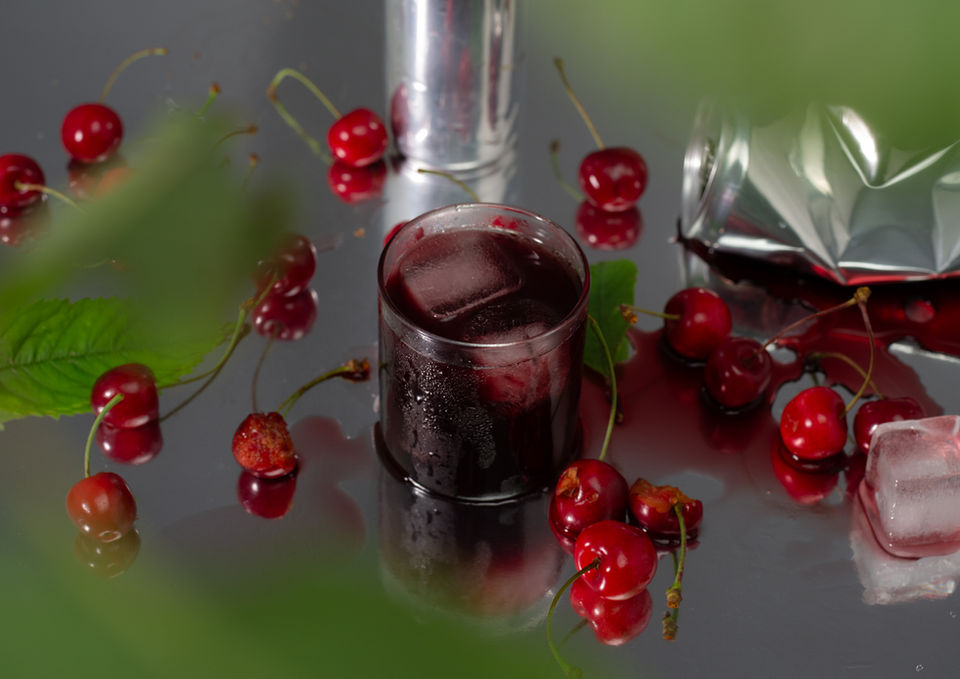
Telling edible stories that activate all senses and seek to inspire caring relationships between People and Land.



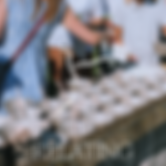










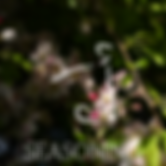










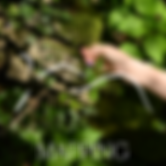

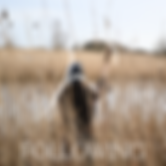


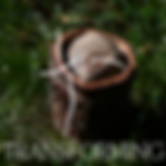


ERBA is a more-than-human collective and trans-local food studio founded by Austrian designer Philipp Kolmann and Dutch artist Suzanne Bernhardt.
Tracing the roots and routes of different foods across histories, geographies and cultures, ERBA develops site-specific services, formats and frameworks to reimagine what and how we eat. Departing from their interest in sweetgrasses, the immersive family of grains and cereals foundational to all human settlement, ERBA tells edible stories that activate all senses and seek to inspire caring relationships between people and land.
ERBA stems from the Italian word for field or grass and the German word “Erbe” for heritage. The name is an ode to the mountainous landscape in which Philipp and Suzanne first met. Ever since, ERBA has spread their seeds on fertile soil and built lasting relationships with different places and beings across the Alps and beyond.

Currently, ERBA is reviving ancient techniques for food preservation and storage through the building of an permanent public art work for Dogo Residenz für Neue Kunst and Toggenburg Tourism (CH) in collaboration with Lehm Ton Erde and Martin Rauch. Besides, ERBA is researching orchard culture and forgotten fruit trees for Nova Gorica and Gorizia, European Capital of Culture 2025 (SI) in collaboration with Robida Collective (IT).
And following their research on sweetgrasses, ERBA is unfolding pastoral culture and cheesemaking from a plant based perspective in Friesland for VHDG (NL). In addition, ERBA offers consulting services to those in need and develops workshops and educational programs for organisations in various areas, such as Design Campus Dresden (DE), Plantahof School of Agriculture (CH) and Tourism Region Klagenfurt (AT).
Currently, ERBA is reviving ancient techniques for food preservation and storage through the building of an permanent public art work for Dogo Residenz für Neue Kunst and Toggenburg Tourism (CH) in collaboration with Lehm Ton Erde and Martin Rauch.

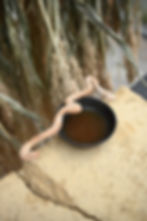
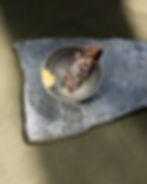
Image from 'Proyect Name', Year 2024. Credits to Photographer's Name.
Image from 'Proyect Name', Year 2024. Credits to Photographer's Name.
Past work
includes
“Shelving Seasons” (2024) offers an encounter with seasons through brewed and distilled flavours of the Northern Black Forest. Departing from moments of scarcity and abundance in seasonal cycles, we traced traditional techniques to store and preserve foods, and imagined into a future where seasonal change guides our flavours and scents. Pesented at Ornamenta, (DE)
“Feeding Fields, Moving Meadows” (2023) An all-inclusive breakfast buffet investigating Alpine cereal culture presented at Food Culture Days (CH), Museum Mühlerama (CH), Zurich Food Days (CH), Dutch Design Week (NL) and at Tage der Alpen-Adria-Küche (AT).
“Ears of Earth” (2022)
An eight-course vegan dining experience celebrating ancient grasses and traditional fermentation techniques at Mediamatic (NL) and Studio Makkink & Bey (NL), Polder Parade (NL).

The work of ERBA manifests in different scales, temporalities and forms. From the size of a menu to the space in which it is served; from ephemeral tastings to permanent interventions; ERBA gives shape to a variety of site-specific projects that each bring forth the unique qualities of a context.
The work of ERBA manifests in different scales, temporalities and forms. From the size of a menu to the space in which it is served; from ephemeral tastings to permanent interventions; ERBA gives shape to a variety of site-specific projects that each bring forth the unique qualities of a context Much like the seasons, ERBA returns to places and creates lasting relationships with the people that inhabit them.
This allows ERBA to build trust and intimate knowledge over time. So far, the trans-local food studio has developed projects with institutions and organisations from different fields of practice, all of them united in their dedication to and love for the land that feeds them.

Are you interesed
to collaborate, share ideas or host an event with ERBA?
Please reach to
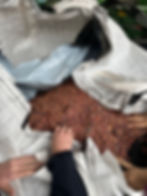
As a more-than-human collective, ERBA fosters alliances between collaborators across species and disciplines to allow for the cross-pollination of perspectives and ideas.
As a more-than-human collective, ERBA fosters alliances between collaborators across species and disciplines to allow for the cross-pollination of perspectives and ideas. Evolving like an interdependent ecosystem based on mutual respect, nourishment and growth, ERBA offers time and space to linger, listen and learn - from the land and each other.
In doing so, ERBA follows communities, cultures and traditions all along the food chain and is a regular guest on fields and meadows, orchards and gardens, rivers and lakes, farms and factories - lending an ear to our tongues and fingers, noses and bellies through which embodied encounters and new aftertastes become possible.

If you want to know more about ERBA’s approach please follow these articles and conversations:
The Common Table / Dairy Non-Dairy
Preserve journal / Grass Gathering
Klima Kultur / Dem Boden zuhören
KoozArch / Deep listing a multispecies perspective
Mister Motly/ Het tijdperk van de paddenstoel is aangebroken
Radio Robida / Good and bad taste
Museum Muehlerama / Sweetgrasses at the lunch table

Philipp Kolmann has a background in design and worked as a chef, shepard and artisanal cheesemaker. He grew up on the foot of the Alps, embedded between the pastures and lakes of Carinthia and the intimate knowledge his grandmother passed on to him about both. Philipp contributes to ERBA with his attention to things big and small, years of experience and the ability to imagine ways of sharing it with others, as well as an unwavering dedication to creating the conditions for life to flourish.
Suzanne Bernhardt is an artist, maker and milling apprentice, embracing the strong winds and changing tides of the Northern lowlands as witnesses of a transformation that is both at times slow and fast. She weaves together grasses much like the insights she has been collecting throughout her travels near and far striving to understand the complex relationships we are entangled with on this earth. Wondering how these relations could become digestible and tangible, Suzanne brings to ERBA a reflection on routines and rituals that can support these intimate acts of care into daily life.









